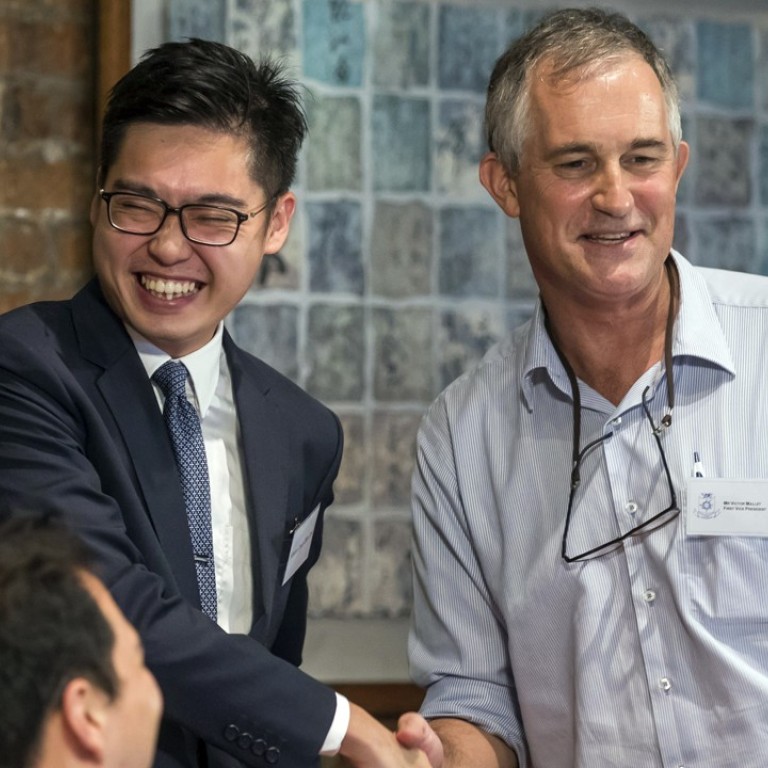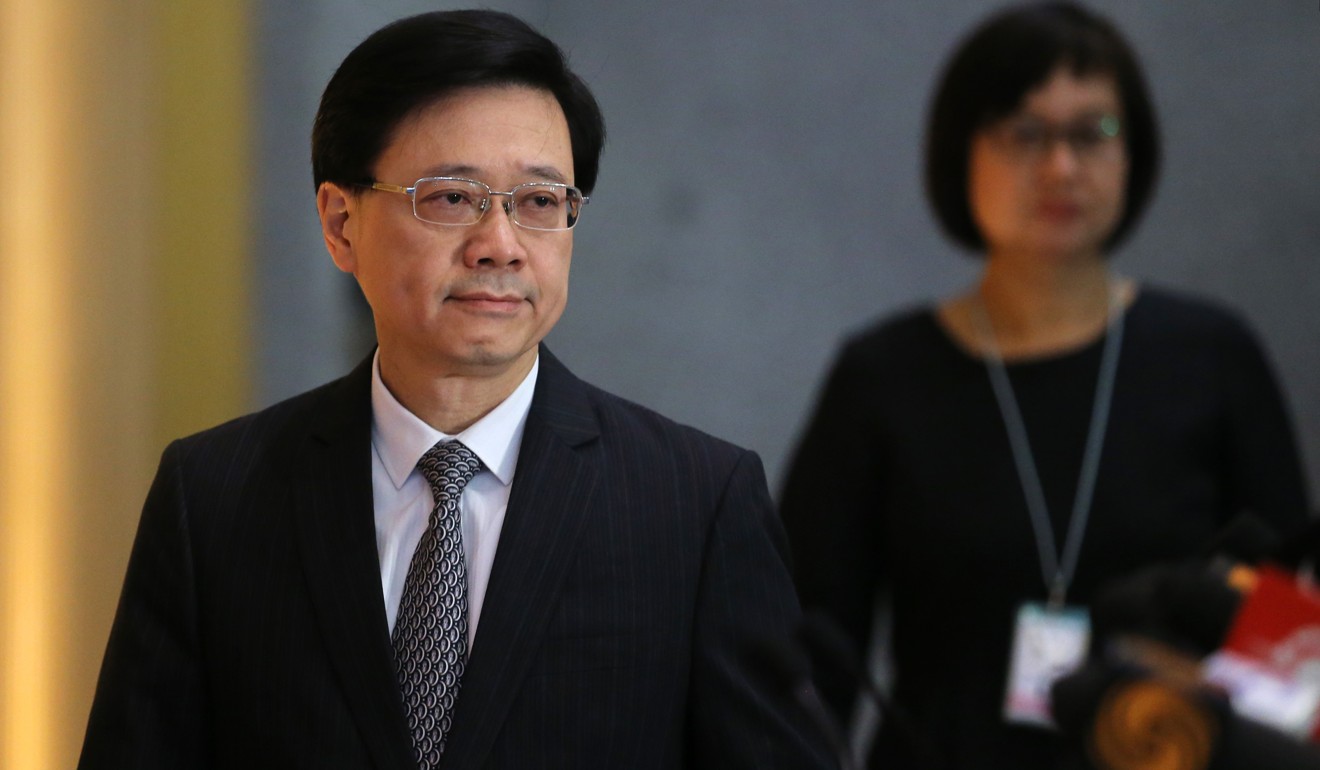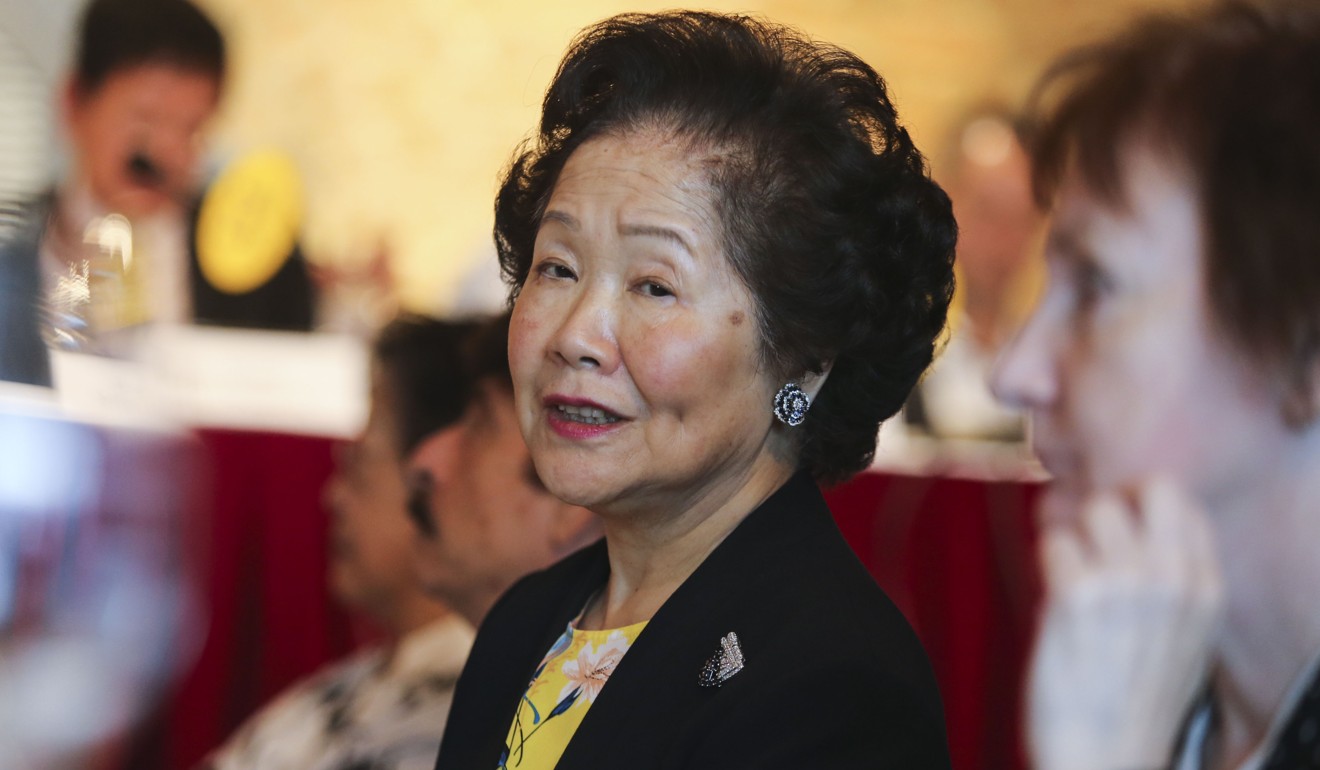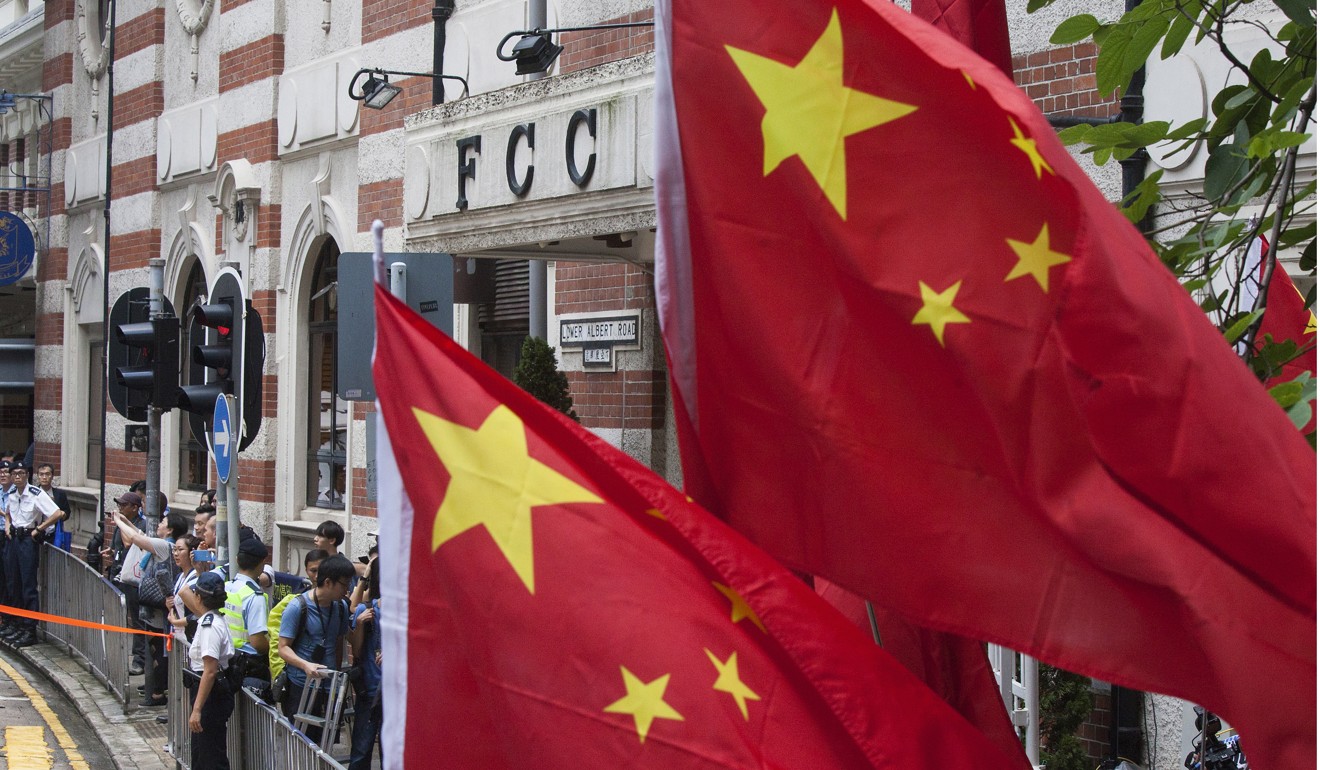
Reason for Financial Times journalist Victor Mallet’s Hong Kong visa denial to stay secret after Legco motion calling for explanation fails
- Pro-democracy lawmakers had called on city’s security minister to disclose rationale behind refusal of work permit for British editor Victor Mallet, but proposal is voted down 36 to 24
Hong Kong’s pro-establishment lawmakers on Thursday shot down a proposal to summon immigration officials to the legislature to explain their expulsion from the city of veteran British journalist Victor Mallet.
The Legislative Council rejected by 36 votes to 24 a motion that would have forced security minister John Lee Ka-chiu and the head of the Immigration Department to explain the decision last month not to renew Mallet’s visa.
Lee has been tight-lipped in the face of international calls to reveal the reasons behind the refusal, arguing that disclosure would undermine immigration controls and security.
On Thursday, in response to the Legco motion, he reiterated that the government would not comment on individual cases. Withholding reasons for visa refusals was common practice overseas, Lee said.
“We welcome talent from all over the world to come and work in Hong Kong ... But at the same time they have an obligation to comply with Hong Kong laws,” the minister said.

“It is incorrect to describe such a case as political or media suppression.”
Some 665 visas had been refused in the first nine months of this year, accounting for 1.3 per cent of applications, he added.
Claudia Mo Man-ching, convenor of Hong Kong’s pro-democracy camp of legislators, accused Lee of dishonesty and said suggestions that Mallet had harmed national security were a front for the government’s true intentions.
The Financial Times journalist’s application was rejected two months after he hosted a controversial talk at the city’s Foreign Correspondents’ Club (FCC) by Hong Kong independence advocate Andy Chan Ho-tin, whose political party was later banned.
Hong Kong Chief Executive Carrie Lam will sit on panel to hear banned pro-independence party appeal
The visa denial drew international attention. Britain, the European Union and the United States all called for an explanation, while journalist groups warned that the decision could set a dangerous precedent.
Former Hong Kong chief secretary Anson Chan Fang On-sang said the refusal was unprecedented and an act of retribution against Mallet.

The former No 2 official said: “At stake is not only Hong Kong’s right to enjoy freedom of speech and free flow of information ... but also Hong Kong’s reputation as China’s most open and free society and its highly treasured status as China’s premier financial and services centre.”
She warned that the move could leave business confidence badly shaken.
I will defend press freedom but not allow advocacy of Hong Kong independence, city leader Carrie Lam says amid row over visa for British Financial Times journalist
Hong Kong’s leader, Carrie Lam Cheng Yuet-ngor, owed the public and international community an early and credible explanation, the veteran pro-democracy politician added.
Simon Henderson of Justice Centre Hong Kong, a human rights group, said diplomats at a Geneva event earlier this month for a five-yearly United Nations Universal Periodic Review had expressed “grave concern” over the speed of deterioration in Hong Kong’s human rights protections.
Henderson was part of a delegation attending the meeting with representatives of more than 100 countries.

“For those who don’t know much about Hong Kong, which was a large number of those in Geneva, it came as quite a surprise given the widespread impression that Hong Kong is a more open city [than the rest of China],” Henderson said.
“Many equate recent developments with something they expect to see on the mainland.”
During Thursday’s Legco debate pro-democracy lawmakers condemned the government’s silence on the case, and also warned of an effect on business confidence.
Hong Kong pro-independence leader Andy Chan defies Beijing to speak at Foreign Correspondents’ Club
Kenneth Leung, who represents the city’s accounting sector, said international perceptions of Hong Kong would take a knock.
“For years we have always welcomed journalists to work in Hong Kong. Freedom of the press is fundamental to an international financial centre,” he said.
Fellow democrat Alvin Yeung Ngok-kiu asked: “Has Mallet uttered any words in support of independence? The Financial Times has already stressed in an editorial that it does not support independence.”
In Britain, the US and New Zealand the authorities must provide foreigners with reasons when turning down visa applications, Yeung said.
Democratic Party chairman Wu Chi-wai said the government’s hard line on Mallet and the FCC would only enrage independence activists rather than discourage them.
Hong Kong National Party founders lodge separate appeals against ban in effort to avoid further legal action
Party colleague Andrew Wan Siu-kin said the saga had further opened up a grey area on independence advocacy as Beijing continued to shift its red line on what was permissible.
“If even a forum organiser can be banned ... that leaves the media in a dangerous position. Does it mean newspapers can’t interview or even report on stories about independence advocates?” Wan said.
Veteran democrat James To Kun-sun said he understood Beijing’s rationale but doubted the expulsion was in the national interest.
“Amid such a tense relationship between China and the US, this decision has harmed the country. It has led to more chaos and trouble.”
Pro-establishment lawmakers however said Mallet had acted as a host for a separatist and had gone beyond his role as a journalist.
After the National Party’s ban and new calls for Article 23 legislation, Demosisto should watch its back
“The FCC provided a platform for the Hong Kong National Party to promote its independence agenda to a global audience,” said Starry Lee Wai-king, of the Democratic Alliance for the Betterment and Progress of Hong Kong, the city’s largest pro-Beijing party.
“For the FCC to ignore the warning from China’s Ministry of Foreign Affairs, that’s a very serious provocation.”
The ministry had requested before the talk that the FCC not go ahead with the event.
Lawmaker Priscilla Leung Mei-fun, an adviser to Beijing on Hong Kong’s mini-constitution, the Basic Law, said Mallet had gone too far.
“There is no room for using journalism as a disguise for promoting independence or self-determination,” she said.


